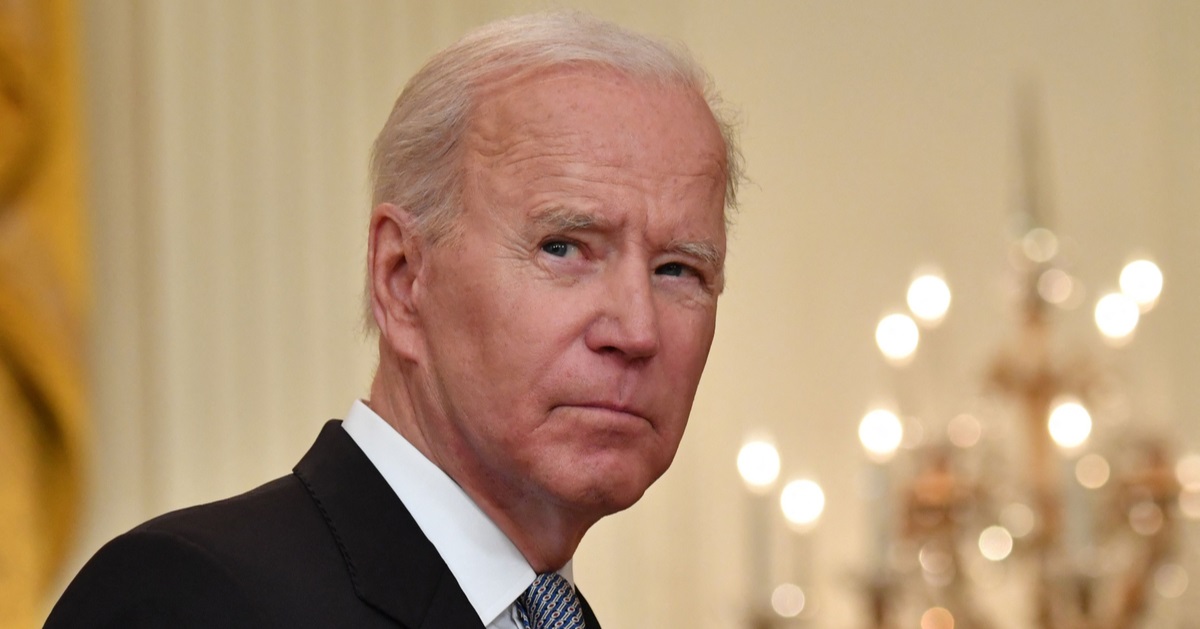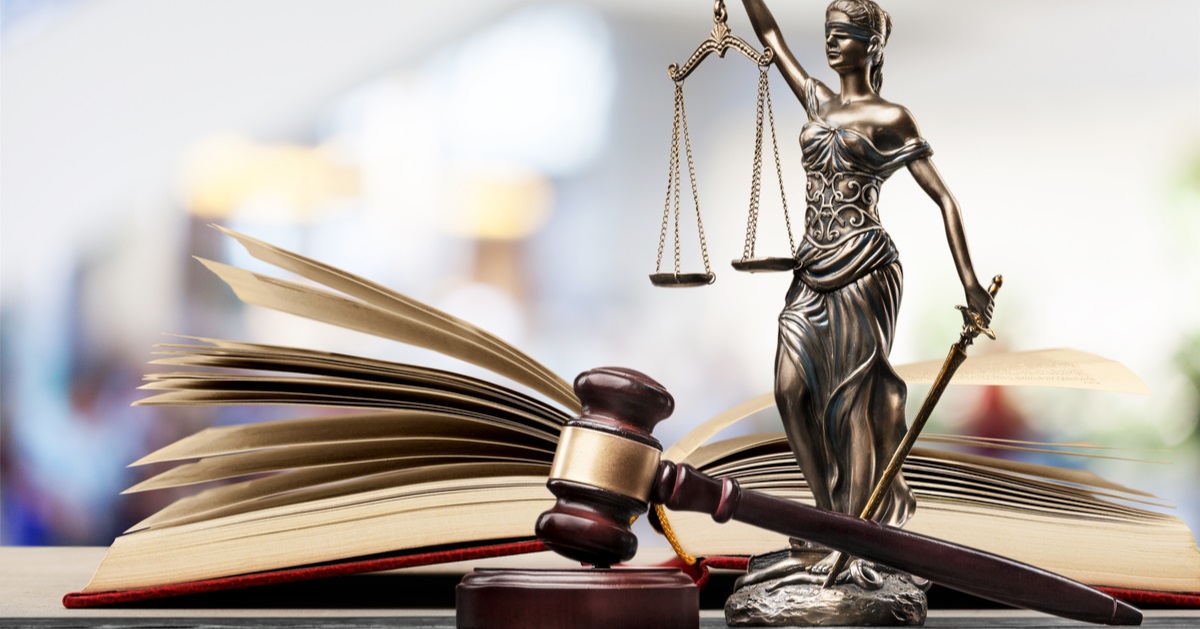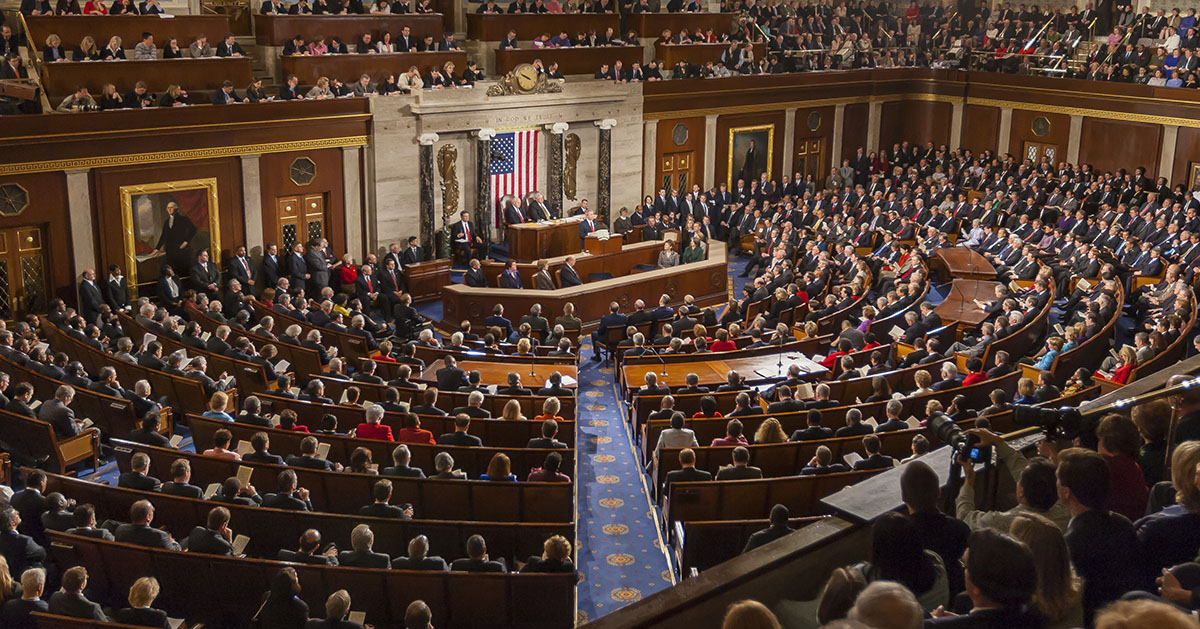Parts of the tax code could be overturned in an upcoming Supreme Court case if a $15,000 tax is upheld
The Supreme Court will hear an appeal from a Washington state couple who were hit with a $15,000 tax bill as a result of the tax reform package passed by Republicans and former President Donald Trump in 2017.
The unrealized earnings from Charles and Kathleen Moore's investments in a foreign company are at the heart of their case, according to The Washington Times.
The pair made a financial investment in KisanKraft Machine Tools Private Ltd., a company run by a friend and dedicated to helping farmers in rural India, in 2006.
Case Details
The Moores invested $40,000 for a 13% stake in the overseas company, but claim they saw no return on their investment because all earnings were funneled back into the business.
As a result of the Mandatory Repatriation Tax included in the Tax Cuts and Jobs Act of 2017, they received a tax bill in 2018. Their tax bill of $14,729 was based on the size of their ownership beginning in 2006.
They believe the bill runs in violation of the 16th Amendment because it is a tax on revenue they never earned from their investment, according to their court filing.
The 9th U.S. Circuit Court of Appeals ruled against them on the grounds that shareholders can be taxed on their part of a corporation's profits, not just on the individual's direct income, and that income does not have to be realized for it to be taxed under the Constitution.
“The decision below sweeps away the essential restraint on Congress’s taxing power, opening the door to unapportioned taxes on property (as in this case) and anything else Congress might deem to be ‘income,’” the Moores’ legal filing reads.
To paraphrase the 16th Amendment, the federal government claims that it has the authority to tax money "from whatever source derived."
“Nothing in the Amendment’s text refers to the concept of realized gains,” the federal government’s brief reads.
The primary challenge the judges will have to wrestle with is what constitutes income. The justices have the power to overturn a wealth tax, according to experts. The original intention of the Mandatory Reparation charge was to levy a one-time charge on shareholders who own 10% or more of a company.
Potential Fallout
The Associated Press estimated that it would bring in about $340 billion. The Moores hold 13% of a foreign firm owned by a friend.
“I would be surprised if 1% of individual taxpayers are in this position,” said Duke University law professor Lawrence Zelenak. “Most of the taxpayers who are subject to this tax … are not individuals at all, they are corporations.”
“This case, where it involves married couple individual shareholders … is very atypical of the application of this tax,” he added.
Adam Chodorow, a law professor at Arizona State University also spoke to the potential impact saying, “The initial effect would be corporations and the international setting, but it would expand way beyond that. It could undo huge swaths of the tax code.”
American University law professor Caroline Bruckner said “If the U.S. Supreme Court rules in favor of the Moores and finds that the tax unconstitutional, there is a great deal of concern among tax experts and practitioners that other taxpayers will challenge settled law on how the U.S. taxes international investments."






